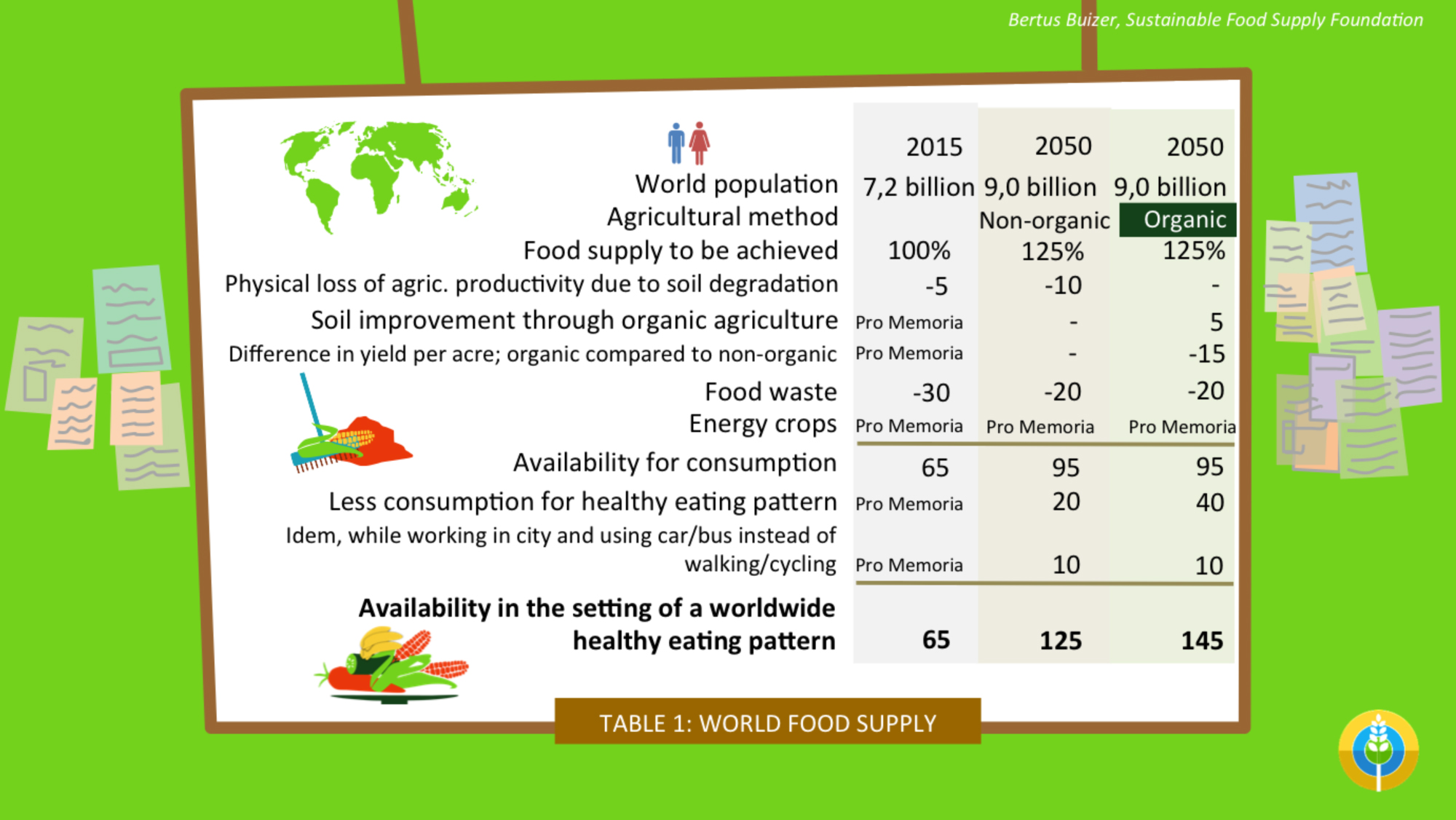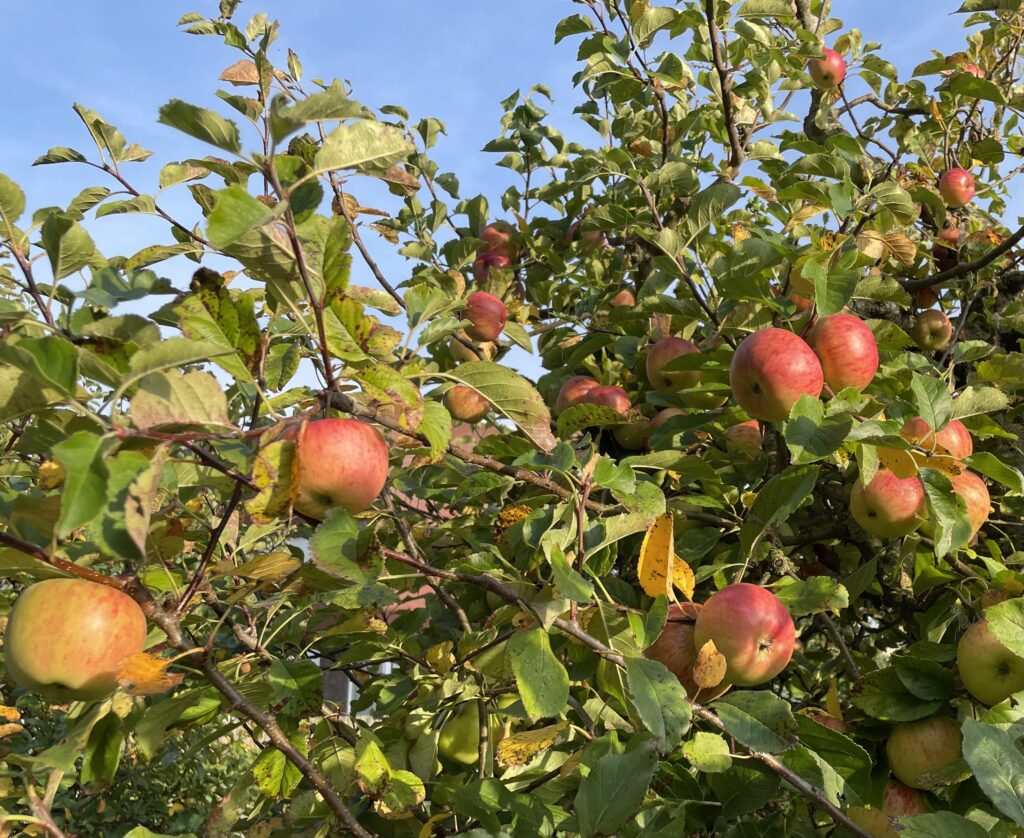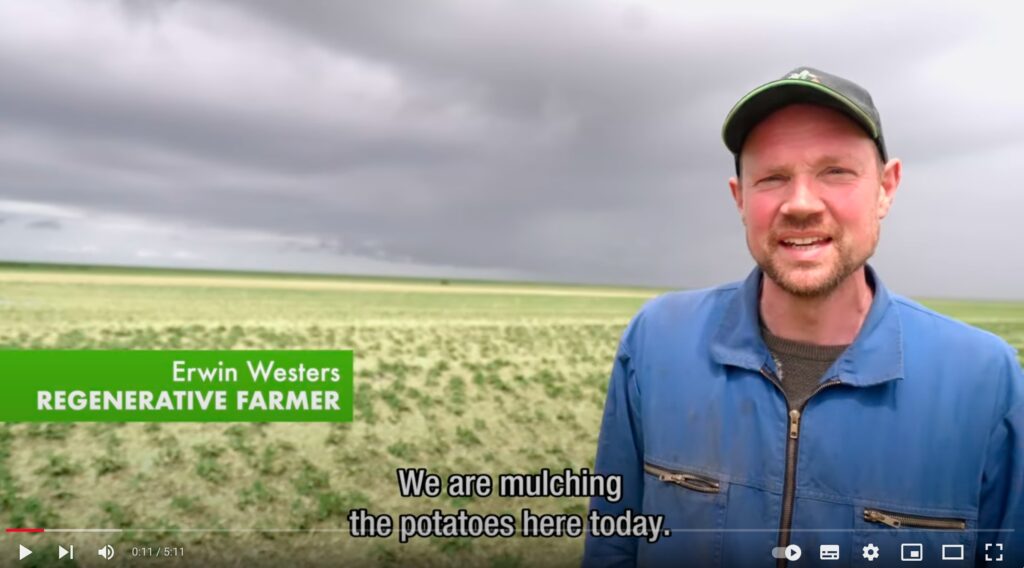
Plea for sustainable agricultural policy with a clear goal on the horizon
20 januari 2022“All agriculture in the Netherlands will be ecologically responsible agriculture by 2050 at the latest”
Europe should use agricultural subsidies – more than 50 billion euros annually, of which more than 700 million euros for Dutch farmers – to ensure that farmers earn more through the price of their products with sustainable agriculture. The higher the social costs due to greenhouse gas emissions, pollution of soil and surface water, damage to nature and health due to harmful chemical pesticides and artificial fertilizers and residues thereof, the lower the price that farmers receive. Consumers, on the other hand, should pay more for food that is produced with higher social costs. Fair pricing, in other words (‘ True pricing ‘).
In this way, it becomes financially and economically attractive for all farmers to apply ecologically responsible agriculture and for consumers to buy healthy food. Food with more healthy ingredients. Residue-free and GMO-free too.
Europe should also give consumers a powerful financial argument to choose organic and otherwise sustainable. That could well be the solution to the government’s long-term uncertain and deadlocked policy. The problem of importing food products from outside the EU that do not meet European standards will also be solved. Consumers will simply not buy them. ‘Too expensive!’
For a less polluting car, the consumer pays less tax. This should also apply to healthy food that contains less residues of harmful pesticides.
A survey by Ipsos I&O, published in the Volkskrant on May 30, 2024, shows that most citizens are in favor of fair prices .

Yield difference
The backlog of scientific research into organic farming compared to conventional farming is taking its toll, as I gather from the story of researcher Marleen Riemens of Wageningen University & Research in Akkerwijzer. I am referring here to Riemens’ contribution to the round table discussion in January 2022 at the agricultural committee of the House of Representatives.
The lower physical yield with organic is not too bad. It is actually only relevant in the transition period (with the still low yield price of conventional). But it would make a difference if the soil quality were already good when switching to organic. Moreover, conventional agriculture is increasingly faced with lower physical yields due to the consequences of climate change (such as heavy rainfall and prolonged heat and drought) in combination with soil problems – soil compaction and compacted soils, for example. According to Paul Behrens , associate professor of environmental change (Leiden University), research shows that with a temperature increase of 1.5 to 2 degrees, the chance of crop failures due to extreme weather conditions will increase enormously.
A scientific study from Berkeley University shows that (loosely translated) “crop diversification and crop rotations reduce the yield gap between organic and conventional (to 9 ± 4% and 8 ± 5%, respectively) when the methods are applied only in organic systems. These promising results, based on a robust analysis of a larger meta-dataset, suggest that appropriate investment in agroecological research to improve organic management systems could significantly reduce or even eliminate the yield gap for some crops or regions.”
Research from the renowned Rodale Institute shows that in dry years, the yield of maize under organic can be up to 30% higher than under conventional!
Plea
Farmers need time and support (including financial support) in the transition. A decisive, consistent and clear policy as well. My plea to the government is therefore a sustainable agricultural policy with a clear goal on the horizon: “All agriculture in the Netherlands will be ecologically responsible agriculture such as organic agriculture and regenerative organic agriculture, including nature-inclusive agriculture and circular agriculture, by 2050 at the latest (!). Use agricultural policy effectively for this from now on.
This plea and its substantiation are based on knowledge and experience from practice, on (peer-reviewed) scientific research and on important developments that are taking place.
Also read: “ How ecological farmers can feed the entire growing world population “
Case study
Harm Westers and his son Erwin (Maatschap Westers) in Hornhuizen (province of Groningen) were previously conventional arable farmers and successfully converted their farm ( Horaholm.nl ) to regenerative biodynamic agriculture years ago. As an expert by experience, Erwin also provides a permanent component in the practical course on regenerative agriculture at ‘Bij de Oorsprong’.
In a video dated 7 July 2024 (subtitles in English and German ), Erwin explains how a five to seven centimetre thick mulch layer of winter vetch and rye protects their potato crop against dry and wet weather, aphids and spores of Phytophthora infestans. The crumb structure of the soil remains well intact. Potato yields increased by more than ten percent, despite the extra space taken up by the constructed driving paths.
The application of a mulch layer in potato cultivation is based on years of scientific research and a great deal of practical experience.

Well-oiled organic sector
Farmers who switch no longer have to take a leap into the unknown, although some current suppliers may not be eager to do so. Organic farming is now a well-oiled sector. In the Netherlands we have the chain organisation Bionext and in the EU context IFOAM Organics Europe and worldwide IFOAM – Organics International. These and other organisations work together. IFOAM has been around for over 50 years and knows its way around Brussels well. The Organic Regulation ensures a level playing field in the EU countries.
In the Netherlands, there is good scientific and practical research (Louis Bolk Institute and Wageningen University & Research), although there is still a big gap compared to conventional agriculture. And nowadays there is Organicseeds.NL , the Dutch business network for organic starting material.
The organic sector worldwide
The French organization Agence Bio has updated its publication on the organic sector worldwide. The 142-page report ‘Organic Sector Worldwide’ (Edition 2024; FR/EN) is available online. The report contains information on organic production, markets, trade and development policy.
Edition 2024, French (May 2024)
Edition 2024, English (July 2024)
Letter Standing Committee LNV
On 13 April 2024, I wrote a letter on behalf of Buizer Advies BV with the “Plea for sustainable and consistent agricultural policy with a clear goal on the horizon” sent to the Standing Committee for Agriculture, Nature and Food Quality of the House of Representatives. In response (its letter of 25 April 2024 ), the Standing Committee announced that it will submit the letter in the committee debate on “Climate, Agriculture and Food”.
Publication January 20, 2022 – Update August 23, 2024


